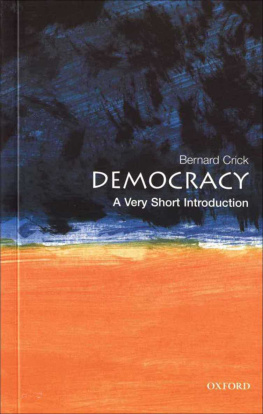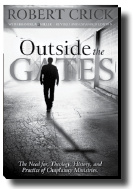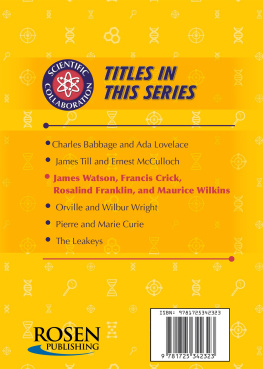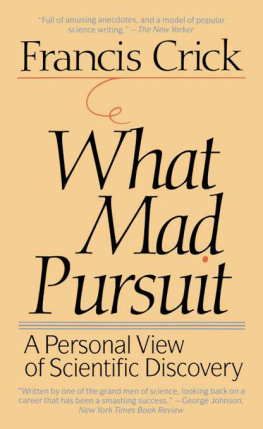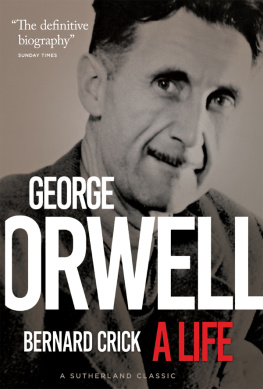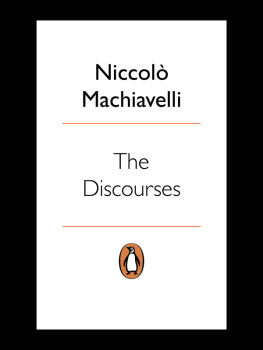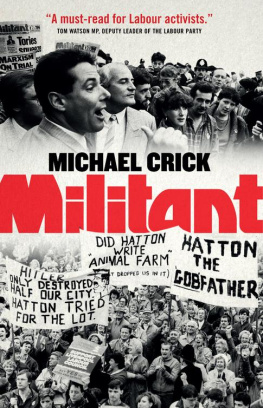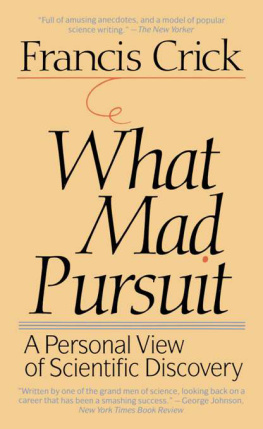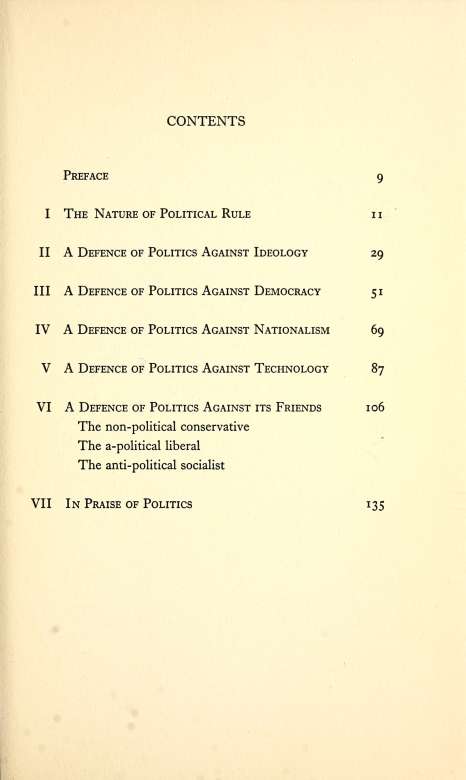This book made available by the Internet Archive.
For B. G.
Digitized by the Internet Archive
in 2011 with funding from
LYRASIS Members and Sloan Foundation
http://www.archive.org/details/indefenceofpolitOOincric
There are limits to everything. In all this time something definite should have been achieved. But it all turns out that those who inspired the revolution... aren't happy with anything that's on less than a world scale. For them transitional periods, worlds in the making, are an end in themselves. They aren't trained for anything else, they don't know anything except that. And do you know why these never-ending preparations are so futile? It's because these men haven't any real capacities, they are incompetent. Man is born to live not to prepare for life.
Pasternak, Doctor Zhivago
PREFACE
here is simply an essay, 'occasioned'in the words of Hobbes 'by the disorders of the present time', an attempt to justify politics in plain words by saying what it is. I have tried above all to be very brief, because I believe the essential matter is very simple. The reader may welcome an unfashionable attempt to avoid covering him with all the author's chaff on everything before ever the grain is reached. Since I earn my living as a university teacher in a subject called 'Government', I am constantly depressed by the capacity of academics to over-complicate things. So in trying to characterise and defend political activity as something far more rare and more precious than people commonly suppose, while I show common ground between rival doctrines, such as conservatism, liberalism and socialism, yet in no way do I try to analyse precisely the meaning of their rival claims nor to discuss how to judge between themwhat is sometimes thought of as political theory or philosophy. This is not, then, a systematic treatise. Here is simply an attempt, inspired by seeing a fairly obvious growth of impatience with politics in the 'new nations' of the world, and provoked by a personal dislike of exhortation and mere cant about 'the ideals of freedom', to describe what in fact are the minimum benefits of politics as an activity.
Since nothing of importance in this essay is original, my debts are too diffuse and ordinary for acknowledgementexcept perhaps apology for having, in the sections on conservatism and socialism in Chapter VI, bitten two of the hands that have fed me at the London School of Economics and Political Science.
B. C.
CHAPTER I
THE NATURE OF POLITICAL RULE
mi
Who has not often felt the distaste with democratic politics which Salazar expressed when he said that he 'detested politics from the bottom of his heart; all those noisy and incoherent promises, the impossible demands, the hotchpotch of unfounded ideas and impractical plans... opportunism that cares neither for truth nor justice, the inglorious chase after unmerited fame, the unleashing of uncontrollable passions, the exploitation of the lowest instincts, the distortion of facts... all that feverish and sterile fuss'?
From a leading article in The Times, 16 November, 1961
boredom with established truths is a great enemy of free men. So there is some excuse in troubled times not to be clever and inventive in redefining things, or to pretend to academic unconcern or scientific detachment, but simply to try to make some old platitudes pregnant. This essay simply seeks to help in the task of restoring confidence in the virtues of politics as a great and civilising human activity. Politics, like Antaeus in the Greek myth, can remain perpetually young, strong and lively so long as it can keep its feet firmly on the ground of Mother Earth. We live in a human condition, so we cannot through politics grasp for an absolute ideal, as Plato taught with bewitching single-mindedness. But the surface of the earth varies greatly, and being human we are restless and have many different ideals and are forced to anticipate the future as well as enjoy the fruits of the past, so equally politics cannot be a 'purely practical and immediate' activity, as those who cannot see beyond the end of their own noses praise themselves by claiming.
Politics is too often regarded as a poor relation, inherently dependent and subsidiary; it is rarely praised as something with a life and character of its own. Politics is not religion, ethics,
IN DEFENCE OF POLITICS
law, science, history or economics; it neither solves everything, nor is it present everywhere; and it is not any one political doctrine, such as conservatism, liberalism, socialism, communism or nationalism, though it can contain elements of most of these things. Politics is politics, to be valued as itself, not because it is 'like' or 'really is' something else more respectable or peculiar. Politics is politics. The person who wishes not to be troubled by politics and to be left alone finds himself the unwitting ally of those to whom politics is a troublesome obstacle to their well-meant intentions to leave nothing alone.
To some this may seem very obvious. But then there will be no harm in reminding them how few they are. All over the world there are men aspiring to power and there are actual rulers who, however many different names they go by, have in common a rejection of politics. Many Frenchmen in 1958, warm defenders of the Republic, argued that General de Gaulle was saving the French nation from the politicians; in 1961 an army rebellion broke out in Algeria in which the same General was then accused of seeking a 'purely political solution' to the Algerian problem, and the rebel Generals went on to deny that they themselves had any 'political ambitions'. Fidel Castro tells a reporter: 'We are not politicians. We made our revolution to get the politicians out. We are social people. This is a social revolution.' In so many places the cry has gone up that the party or the leader is defending the people against the politicians. 'Politics, ill understood, have been defined', wrote Isaac D'Israeli, 'as "the art of governing mankind by deceiving them".' Many people, of course, even in regimes which are clearly political, think that they are not interested in politics, and even act as if they are not; but they are probably few compared to the many who think that politics is muddled, contradictory, self-defeatingly recurrent, un-progressive, un-patriotic, inefficient, mere compromise, or even a sham or conspiracy by which political parties seek to preserve some particular and peculiar social systems against the challenge of the inevitable future, etc. The anti-political are very right to think that politics is an achievement far more limited in time and place than politically
THE NATURE OF POLITICAL RULE


